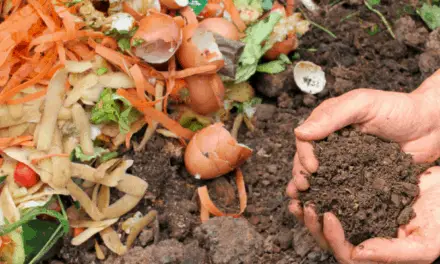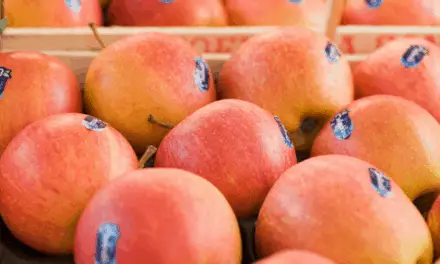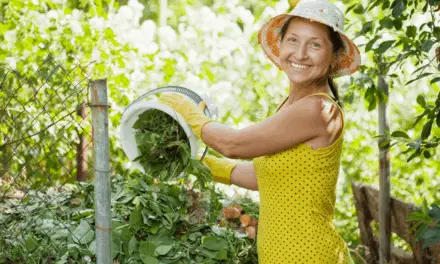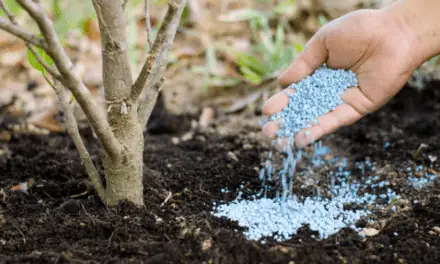Yes, you can compost paper plates as long as no special chemicals have been added to them to change their color or make them more durable and as long as they do not have any type of plastic coating on them.
If paper plates are plastic coated they should be put in with your general waste.
If you attempt to compost these plastics, they end up being dispersed into the environment and they do not biodegrade.
These micro-plastics are suspected of being detrimental to our ecosystems and the organisms that live in them.
Related Article: Are The Stickers On Fruit Compostable?
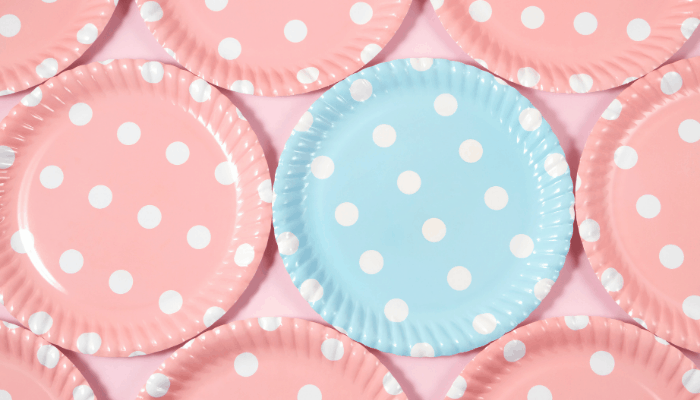
Depending on the number of birthday parties and other events going on, households can go through their fair share of paper plates.
And for good reason, they are convenient, affordable, and easily disposable.
A lot of the time, it just makes sense to use paper plates and save yourself a heap of washing up.
And in the case of a large party or event, a lot of people don’t have the necessary dishware to accommodate all their guests.
Table of Contents
Are Paper Plates Compost Friendly?
The answer is usually yes, paper plates are easily compostable as long as they don’t have any plastic coating on them.
They’re also a decent source of carbon and will help to soak up any excess moisture in your compost.
Even if the plates are dirty, they are still compost friendly.
If you’re worried about paper plates taking too much time to break down in the compost, you can shred them first to accelerate the process.
Can You Compost Coated Paper Plates?
You should never compost plastic coated paper plates.
As big of a waste as it may seem, this type of plastic will do less harm to the environment when put in with your general rubbish.
There are several different types of paper plates available on the market.
Among the most popular are plastic-coated paper plates.
They’re coated in plastic to help ensure that no moisture soaks through the plate and turns it to mush or gets on your clothes dirty.
But while the plastic coating might help to keep your clothes clean, it won’t help the environment or your compost pile.
When it comes to composting, plastic-coated paper plates are a big no!
Paper plates that have been coated with wax are still compostable, but will take a significantly longer time for them to break down.
If you do compost coated paper plates, they can end up contaminating your whole batch of compost with microplastics.
And eventually, these microplastics can end up being washed into nearby waterways and worsen the state of plastic pollution in our oceans and environment as a whole.
But not all coated paper plates make use of plastics.
There are some environmentally friendly brands out there that make use of a natural coating.
Unless you’re 100% certain that the coated paper plate is compost friendly, avoid putting them in the compost bin.
Can You Compost Used Paper Plates?
A lot of people at parties find that their eyes are bigger than their bellies and don’t finish their food.
And even if they do, paper plates offer remain dirty.
For plates that have only dry food on them, it’s not a problem and the composting process is the same as with clean paper plates.
If plates are greasy or have any meat or dairy residue on them, they will compost better when they’re put in the middle of the pile of food waste.
However, for plates that have been used for dishes that are fatty, oily, meaty, and fishy, it’s best to keep them out of the compost because they may attract pests.
If they are in a small quantity, they won’t do any harm to the compost pile.
Should I Compost Colored Paper Plates?
To stay on the safe side, it’s a good idea to not compost colored paper plates.
It’s impossible to know exactly what chemicals the dyes contain without testing them in a lab.
Tips For Composting Paper Plates
Here are a few quick tips that anyone can use to compost paper plates!
Look for compostable paper plates when you are shopping for them.
One of the best ways to ensure that the paper plates you use are easily compostable is to look for natural ones that are safe for home composting.
The main thing you’ll want to avoid is anything that looks like a plastic coating.
If the plates are poly-coated don’t try to compost the material or better yet, don’t even purchase them.
Shred them first.
Shredding the paper plates before adding them to the compost pile is a great way to accelerate the process.
That’ll increase the surface area which means that the material will break down quicker.
And another advantage to shredding the plates is it results in their being more bulk in your compost pile.
That will create pathways that let the air and water circulate.
A basic paper shredder should work fine.
Even though the paper plates are thicker than normal paper, a basic shredder should shred them no problem.
Balance Your Compost Using More Green Materials
Paper plates fall under the category of brown materials in terms of composting, so they add a lot of carbon to your compost.
When the bin becomes too carbon-heavy, it slows down the composting process so it’s important to balance out paper plates with green material like vegetable waste or plant clippings.
Conclusion
Regular paper plates are compost friendly but for the sake of the environment, it’s important to be sure and avoid composting any plastic-coated plates.
And if you’re composting a lot of paper, remember to balance out your compost pile with green matter.

